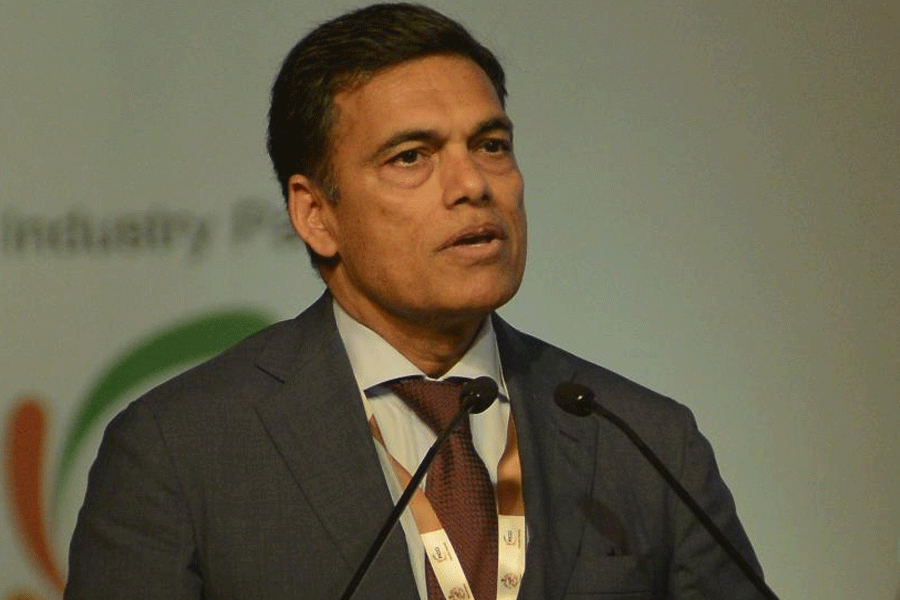JSW Group, the $23-billion industrial powerhouse led by Sajjan Jindal, has decided to develop an industrial park at Salboni in Bengal with the aim to attract domestic and international investors and various industries.
The conglomerate, whose business empire stretches from steel and energy to cement and infrastructure, has earmarked about 3,000 acres for the purpose of developing the park. The decision of JSW Group also marks a departure from its earlier proposition of returning this land parcel back to the state government.
In the changed circumstances, JSW Group plans to hold on to the plot, which was leased out to the private group for the purpose of setting up an integrated steel and power plant in 2008 by the erstwhile Left Front government. The project never materialised but the group remained in physical possession of the land, much of it unutilised, as a leaseholder.
Earlier this year, the conglomerate had written to the state expressing a desire to give up land after retaining a part for the existing cement manufacturing unit and future expansion. However, land-related policy changes ushered by the Bengal government, most notably allowing conversion of leasehold land to freehold, led to a rethink in JSW Group about the future of the Salboni land.
At least one source suggested JSW may seek the state’s permission to convert the leasehold nature of the land to freehold by paying appropriate fee by taking advantage of the new policy
Lauding the efforts of the Mamata Banerjee- government to promote industry, Sajjan Jindal, chairman and managing director of JSW Group, told this newspaper: “Bengal has everything to make it great again in respect of industry. That’s why this land would be used to attract international investors and different types of industries.”
The decision of JSW Group is understood to have gone down well with the state administration which believes that the Jindals are likely to do a far better job in developing an industrial park on the plot than the government itself.
There are already interests emanating from Bengal-based industries for a slice of the land identified for the industrial park. Captain Steel India Ltd, a maker of TMT bars, which has former Indian cricket captain Sourav Ganguly as the brand ambassador and a minority shareholder, is keen to set up a sponge iron-based plant to produce TMT bars. Captain Steel is seeking 600 acres from the state government to put up a 1 million tonne capacity TMT bars plant at Salboni.
Chequered plot
JSW Bengal Steel, an unlisted subsidiary of JSW Steel, holds the lease of 4,100 odd acres of land in West Midnapur’s Salboni since 2008. The 28-square kilometre area is protected by a 34-kilometre-long wall and hence free from encumbrance or encroachment.
About 850 acres have been utilised for a cement grinding unit, power plant and railway siding among others. There is a 100-acre plot carved out for farming apart from a small township for the employees of the cement unit, a business headed by Parth Jindal, son of Sajjan Jindal.
While land acquisition for large industrial projects met with violent protests elsewhere in Bengal, the process was relatively peaceful at Salboni for several reasons, including the extensive work done by the JSW management led by Biswadip Gupta, who was spearheading the steel plant project from the early days. Given that the bulk of the land belonged to the state administration also helped.
However, a powerful bomb blast by the Maoists that injured six policemen and damaged a security vehicle of the then steel minister Ram Vilas Paswan on the day of the groundbreaking for the steel plant in November 2008 dealt a heavy blow to the prospect of the project.
Subsequently, the company failed to secure iron ore from Odisha and Jharkhand which declined to give the raw material for a Bengal steel plant.
Later, the two coal mines allocated by the Bengal government were cancelled by the Supreme Court in 2014.
Later, JSW Cement built a cement grinding unit on the plot. However, the project remained a distant shadow of what could have been.










